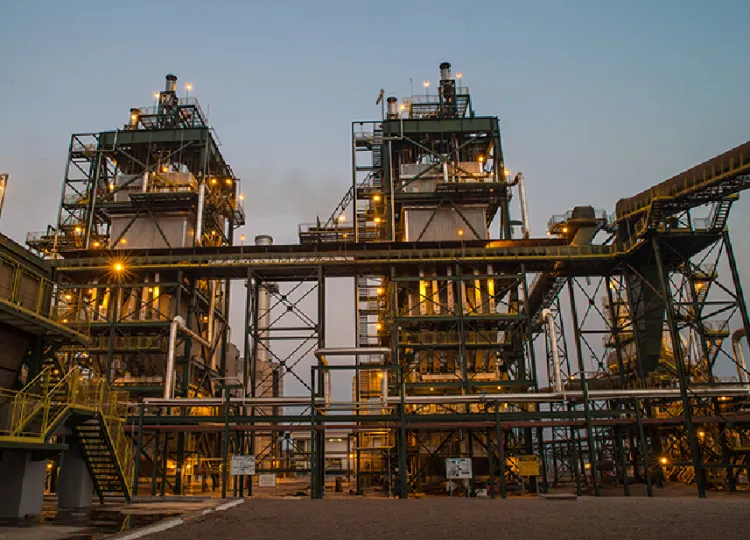Angola’s Bioenergy Company (Biocom) expects to produce this year about 120,000 tonnes of sugar, 19 million liters of ethanol, and 57,000 MWh of clean energy, an overall growth of 10% compared to the previous year, the company announced a few days ago in the municipality of Cacuso, Malanje province.
According to Biocom’s general manager, Uirá Ribeiro, who was speaking during the official opening ceremony of the 10th harvest (start of agricultural production), “the company is facing a challenging moment, having concluded its financial restructuring process in November 2022, after a long journey of negotiations and with the need to increase its production to be able to honor the commitments made with banks and shareholders.”
Despite the situation marked by the international economic crisis and the war in Ukraine, which considerably affected the price of raw materials, the exchange rate variation, and energy prices, he continued, “Biocom grew and established itself as one of the strategic companies in the country, focusing on job creation and the economic and social development of Malanje.”

In statements to the press, the company’s Institutional Relations Director, Luís Adriano Júnior, spoke of the company’s prospects, which decided to put the Kapanda brand back on the market.
Questioned by Forbes Lusophone Africa about the investment to be made in the current harvest [2023], said he did not dominate the subject, mentioning, however, that “every year the company acquires equipment and adds areas for sugarcane cultivation.”
On the other hand, Luís Adriano Júnior underlined that with the business plan being concluded, the company expects to reach the maximum production capacity of 250,000 tonnes of sugar in 2028, with the irrigation and planting work of 40,000 hectares.
Angola‘s Secretary of State for Agriculture, João Cunha, who witnessed the opening of the harvest, said that Angola stopped importing 40% of the sugar, a saving that he considers “extraordinary” for the state coffers.
“We believe that this percentage will continue to grow and that soon there will be a substantial reduction in imports and an increasing consumption of the product,” he said.
With an installed capacity to produce 2.2 million tonnes of sugar cane in an area of 40,000 hectares, 250,000 tonnes of white crystal sugar, 37,000 cubic meters of neutral alcohol, Biocom wants to influence the challenge of reducing imports of the basic food basket products, betting on sustainable development, social and environmental responsibility.
With information from Forbes

